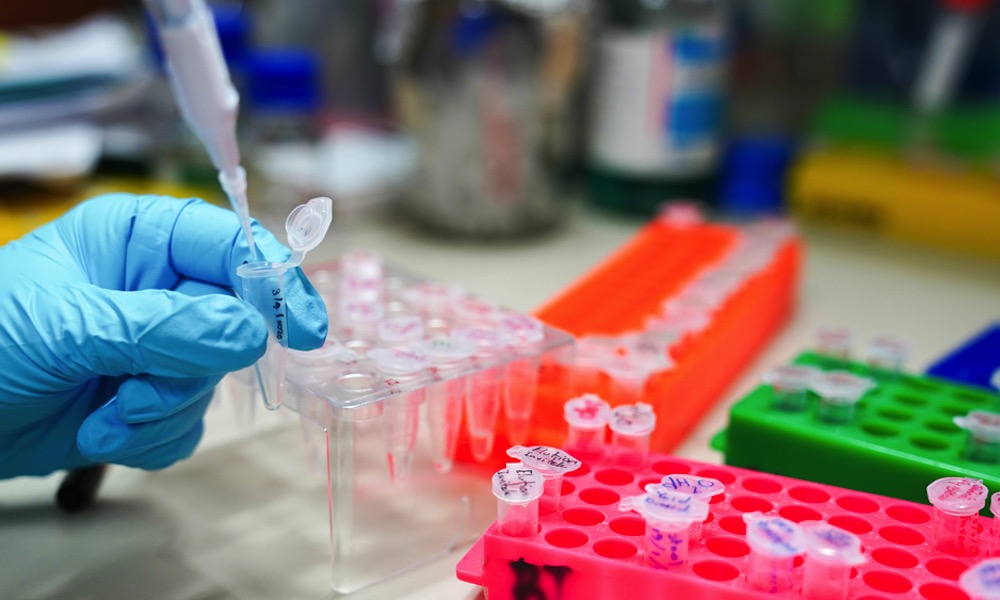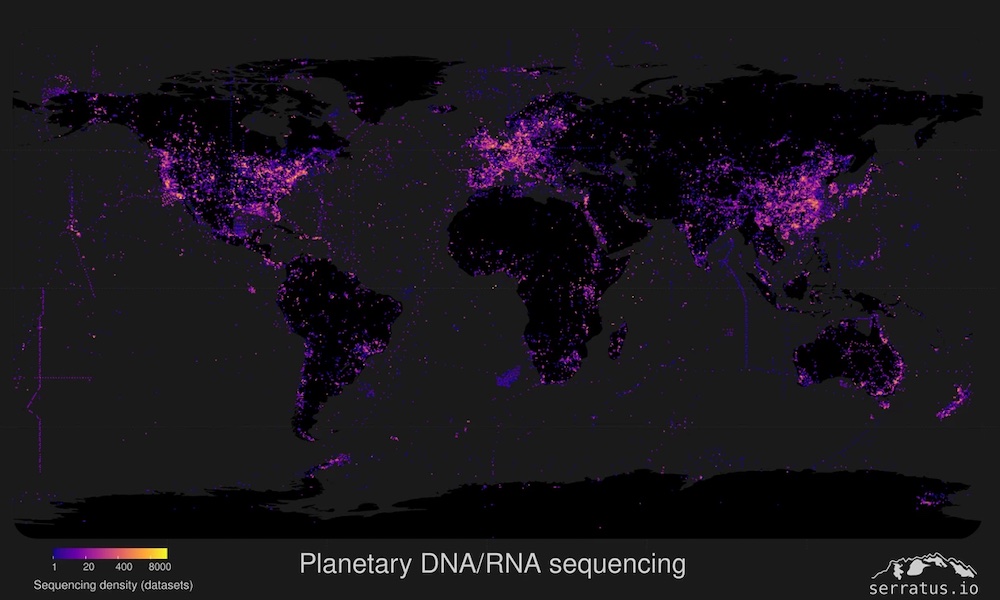$24,000 Amazon Supercomputer Discovers 9 New Coronavirus Species
 Credit: PPK_Studio / Shutterstock
Credit: PPK_Studio / Shutterstock
Toggle Dark Mode
Recently a team of scientists with the help of Amazon Web Services created a new supercomputer that managed to identify more than 130,000 new RNA viruses, some of which included nine new species of coronavirus.Â
Amazon recently revealed that a team of scientists from the Serratus project in collaboration with Cloud Innovation Centre (CIC) at the University of British Columbia (UBC) in Canada managed to create a new type of supercomputer that used Amazon Web Services, also known as AWS.
The goal was to analyze as many biological samples that contained the RNA viruses as possible. The RNA virus is a type of virus that contains ribonucleic acid.
Believe it or not, there are a ton of diseases that contain this virus, including the common cold, influenza, SARS, ebola, and COVID-19, most commonly known as coronavirus.
With the combined efforts of the Serratus project team, the UBC, and AWS, researchers managed to build this supercomputer in eight weeks at the cost of $24,000.
What’s even more impressive is that this supercomputer on AWS managed to search almost six million publicly available samples biological samples in less than two weeks.Â
Amazon estimates that a standard computer would take over 2,000 years to analyze the same data, and it would’ve cost at least ten times more.
During this study, which is now published in the scientific journal Nature, the research team discovered a total of nine new species of coronaviruses and over 130,000 new RNA viruses worldwide.Â
By identifying new viruses and where they might have originated, scientists hope diseases can be recognized much earlier when they infect people, livestock, crops, and endangered species.Amazon
The research findings can be found on The Open Virome website, which was created by the team to share the results with the global scientific community to help accelerate the research into RNA viruses to recognize them earlier when they infect people or other living beings.Â








